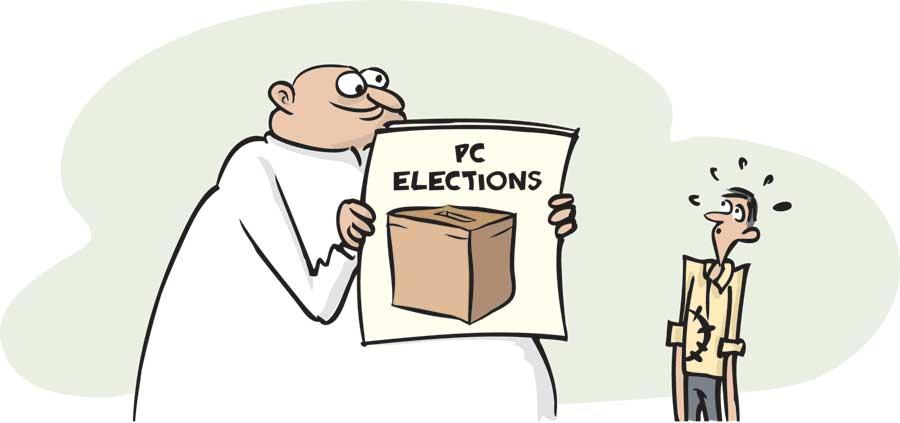Reply To:
Name - Reply Comment

In the aftermath of the ‘Black July 1983’ race riots in this country, thousands of Tamil refugees and a plethora of militant groups and organisations sought refuge on Indian soil. While civillians caught up in the state-sponsored rioting fled seeking sanctuary, the militant groups sought to use India’s proximity to Sri Lanka to stage ground attacks on the Sri Lankan State.
With thousands of Sri Lankan Tamils fleeing to Tamil Nadu, the Sri Lankan problem was fast-developing into an Indian issue. The internecine warfare between the different militant groups spilled into India as well. Most importantly the population of Tamil Nadu who had close affinity with their under-pressure Tamil brethren here, were pressing action be taken to protect the Tamils of Sri Lanka.
With India’s efforts to find an amicable solution to the ‘Sri Lankan ethnic issue’ failing, the Indian government imposed its own solution on its tiny neighbour, without consulting either the militants, the Tamil political leaders or the SL government.
And so it was in 1987, India forced the government of Sri Lanka, via the Indo-Sri Lanka Accord, to devolve powers to the provinces. Accordingly, on November 14, 1987 the Sri Lankan Parliament passed the 13th Amendment to the Constitution - the Provincial Councils Act. The majority Sinhalese opposed the setting up of Provincial Councils and the self-styled ‘sole representatives’ of the Tamil people, the Liberation Tigers of Tamil Eelam, rejected the concept out of hand.
It was in this atmosphere, in February 1988, nine Provincial Councils were created - against the wishes of nearly all Sri Lankans. The Sri Lanka Freedom Party - precursor to today’s SLPP was against the the ‘sole representatives of the Tamil people’ concept and rejected it, and also the JVP took up arms opposing the concept.
Today, 32 years later, after many wars, insurgencies and bloody killings against the setting up of the institution of the Provincial Councils, posters are again appearing on walls of streets, lanes and by-lanes, indicating political parties are once again gearing themselves for yet another Provincial Council (PC) election. The PC elections should, in fact have been held during the term of the last ‘Yahapalana’/Good Governance regime. But were indefinitely postponed by the then Premier using surreptitious schemes and trickery to flout a constitutional requirement.
The outcome of the local government elections, the November 2019 Presidential election, and the recently concluded August 5 General Election, give us a clue to the past PM’s reluctance to hold Provincial elections on scheduled dates.
Be that as it may, Provincial Council elections are due to be held, but no date has been set as yet. The problem that begs the question is whether elections to the Provincial Councils in their present form are necessary at all. The Provincial Councils were set up as a means for devolving power from the centre to the periphery. Two of the main means to achieve meaningful devolution under the Provincial Councils Act comprised the devolution of police powers to the provinces and the control of land falling under their purview. However, neither of these powers were ever devolved to the provinces and the Councils remain ‘toothless Tigers’ excusing the pun of course.
The new government elected to power in the aftermath of the August 5 General Election has been mandated to change the Constitution, more specifically, the 19th Amendment to the Constitution. With the leadership of the SLPP having opposed the Provincial Councils Act from it inception, it becomes necessary to make amendments to the 13th Amendment. This raises the question of whether holding a PC election in the immediate aftermath of the general elections is feasible at this moment.
The new government has a number of pressing issues it needs to tackle without delay. For example the reviving of the economy which is continuing to crumble in the aftermath the coronavirus pandemic worldwide. Its growing by-products such as growing unemployment and under-employment; its fellow-traveller growing indebtedness among the poorer classes, who form the vast majority in this country and the disruption of the national education system.
Devolution of power is undoubtedly necessary, but let’s not forget that the people need to live, to enjoy the benefits of devolution.